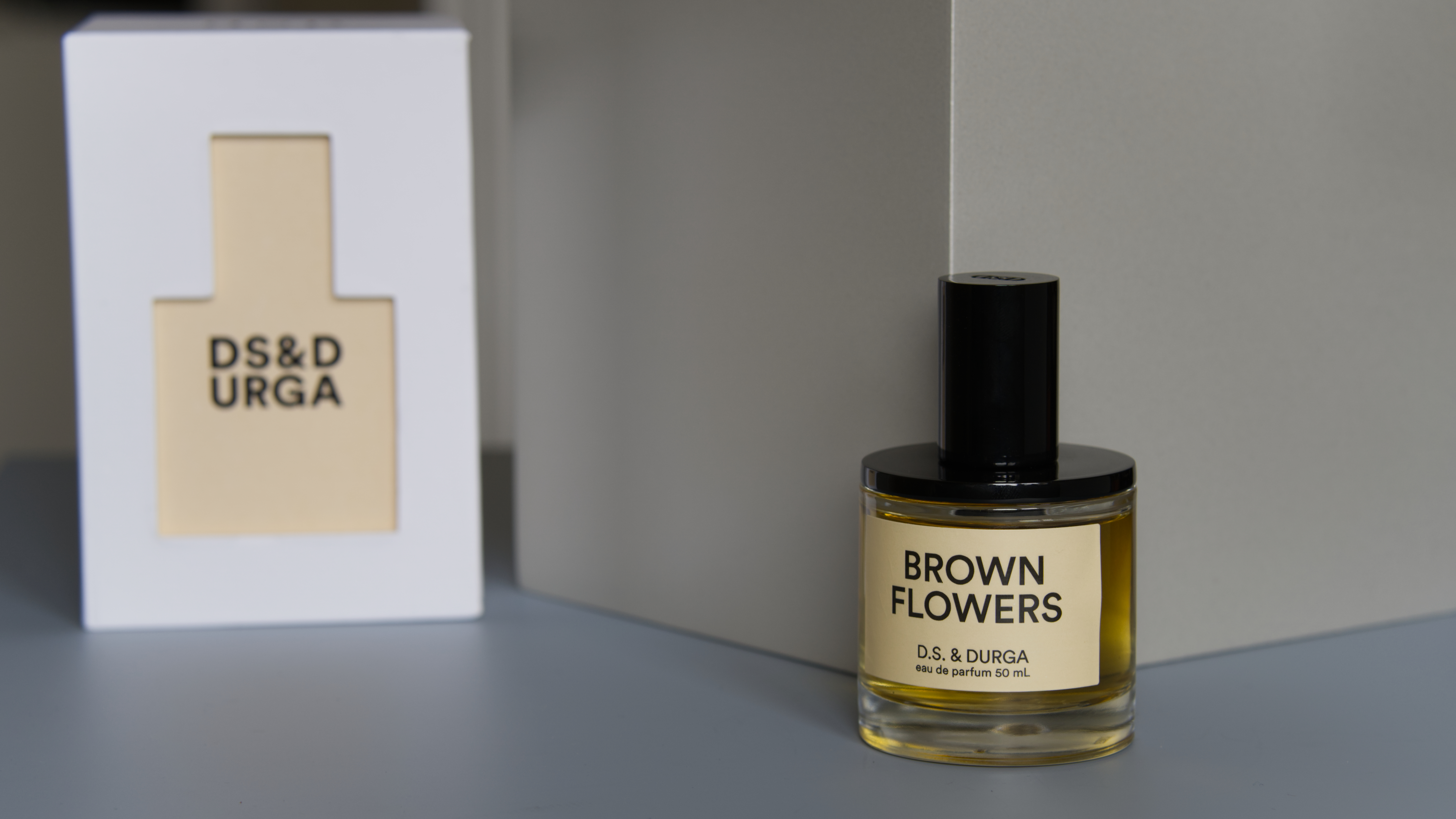Wellness
The latest Wellness breaking news, comment, reviews and features from the experts at T3
Explore Wellness
-

Best cheap mattress deals for April 2025: browse sales from Emma, Simba, OTTY and more
Need to upgrade your sleep setup? Check out the best cheap mattress deals to shop now
By Bethan Girdler-Maslen Last updated
-

Simba mattress deals, sales and discount codes for April 2025: get the cheapest prices
The best Simba mattress deals is here to help you save money on a new Simba sleep set-up
By Bethan Girdler-Maslen Last updated
-

Panda London mattress sales, deals and discount codes for April 2025
Find the best prices on Panda London mattresses and bedding with our comprehensive deals guide
By Bethan Girdler-Maslen Last updated
-

OTTY mattress sales, deals and discount codes for April 2025
After an OTTY mattress deal? You're in luck, because right now there are major discounts across the full range
By Bethan Girdler-Maslen Last updated
-

Nectar mattress sales, deals and discount codes for April 2025
Looking for a Nectar mattress deal, discount code or freebie offer? Step this way...
By Bethan Girdler-Maslen Last updated
-

Eve sales, deals and discount codes for April 2025
Looking for an Eve deal or sale? Now is the time to shop, with up to 60% off & price drops on the whole range
By Bethan Girdler-Maslen Last updated
-

Emma mattress sales, deals and discount codes for April 2025: your guide to the best Emma sales
Looking for an Emma mattress deal? Find all the best Emma sales, deals and discount codes in this guide...
By Bethan Girdler-Maslen Last updated
-

DreamCloud sales, deals and discount codes for April 2025
After a DreamCloud deal or discount code for this month? We've found the best discounts for you, in both the UK and US
By Bethan Girdler-Maslen Last updated
-

Brook + Wilde sales, deals and discount codes for April 2025: up to 50% off now!
Find the best Brook + Wilde sales and deals for money off your next mattress and sleep accessory
By Bethan Girdler-Maslen Last updated
-
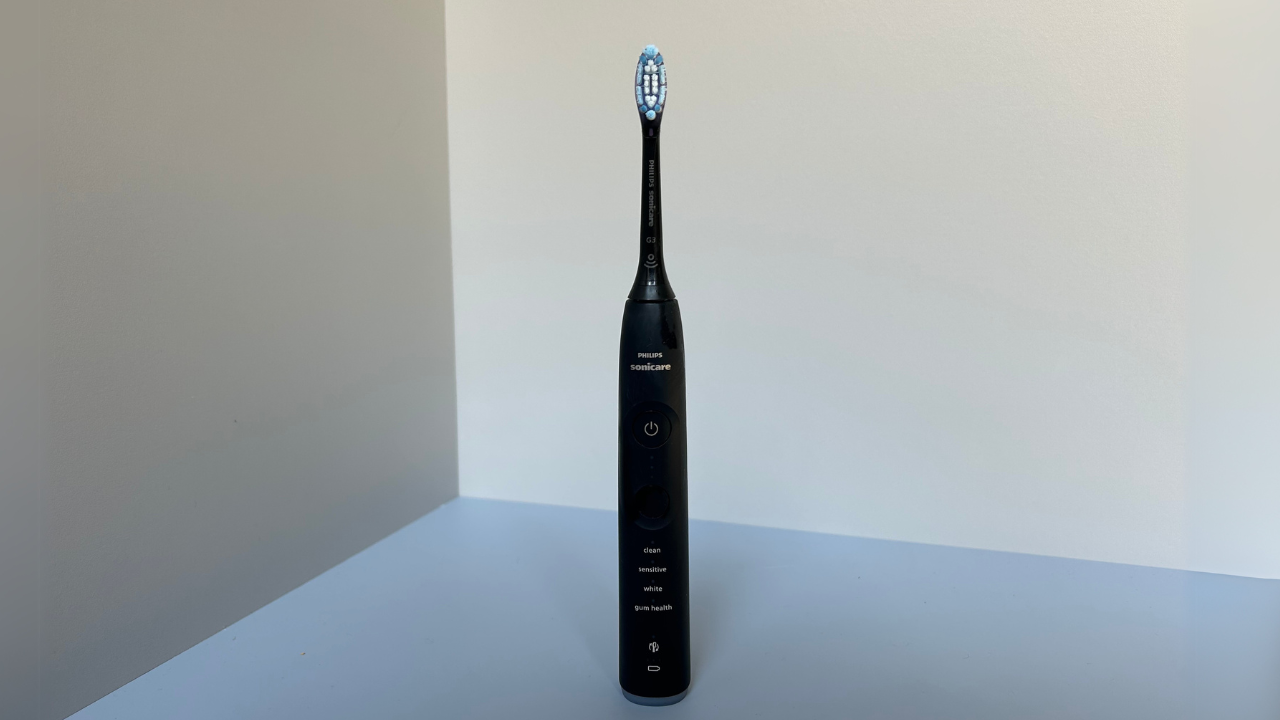
Philips Sonicare 7100 electric toothbrush review: next-level oral care or a pricey splurge?
It joins the Philips Sonicare lineup
By Lizzie Wilmot Last updated
-

12 Easter-inspired fragrances for men and women 2025, from Tom Ford, YSL, Mugler and more
From chocolate to apricots, here are T3’s top picks for Easter-inspired scents
By Bethan Girdler-Maslen Published
-
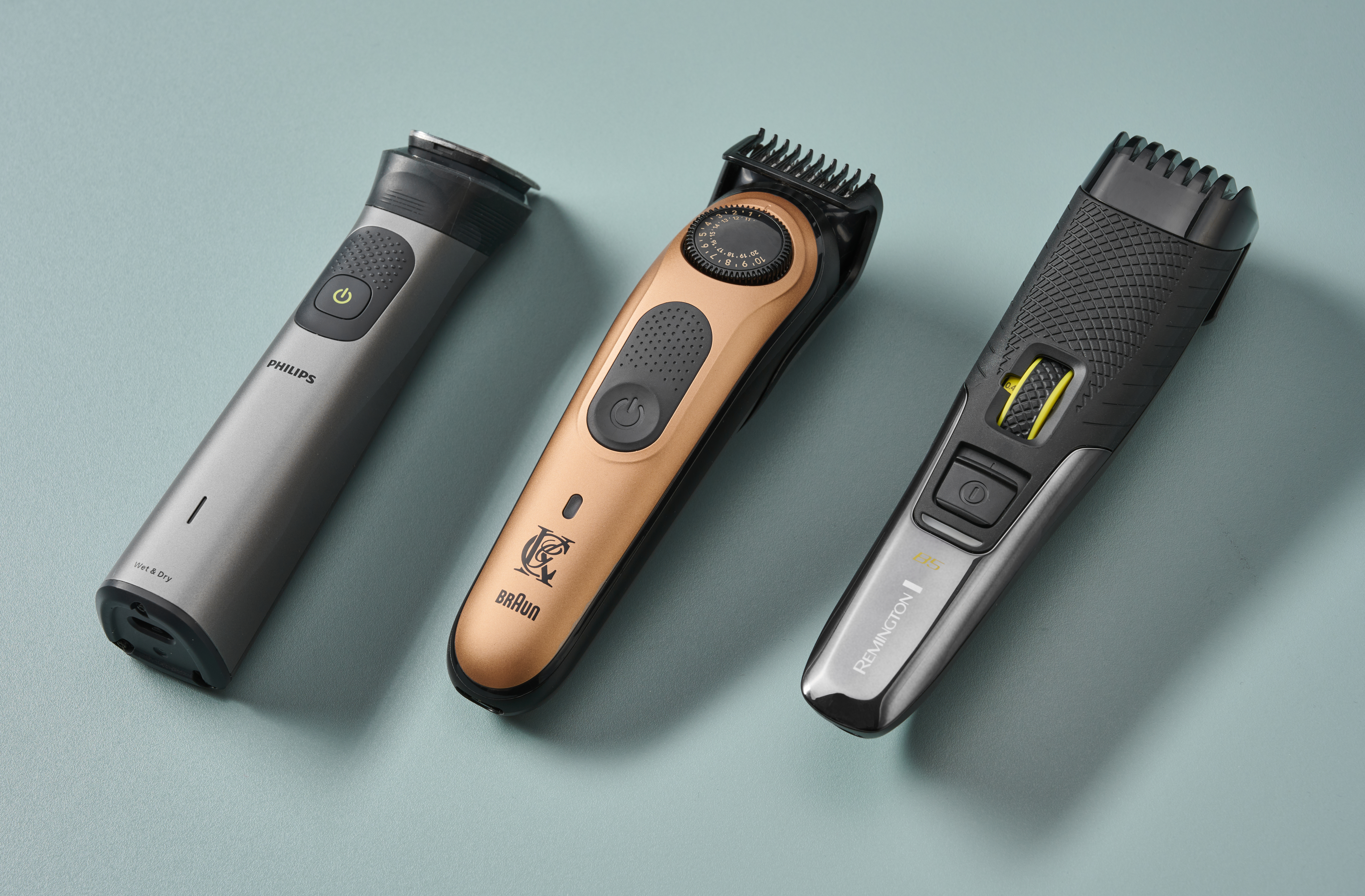
Best beard trimmer 2025: shavers for stubble, short and long beards
Find the best beard trimmers, clippers and shapers to maintain a well-tended beard or on-trend perma-stubble
By Bethan Girdler-Maslen Last updated
-
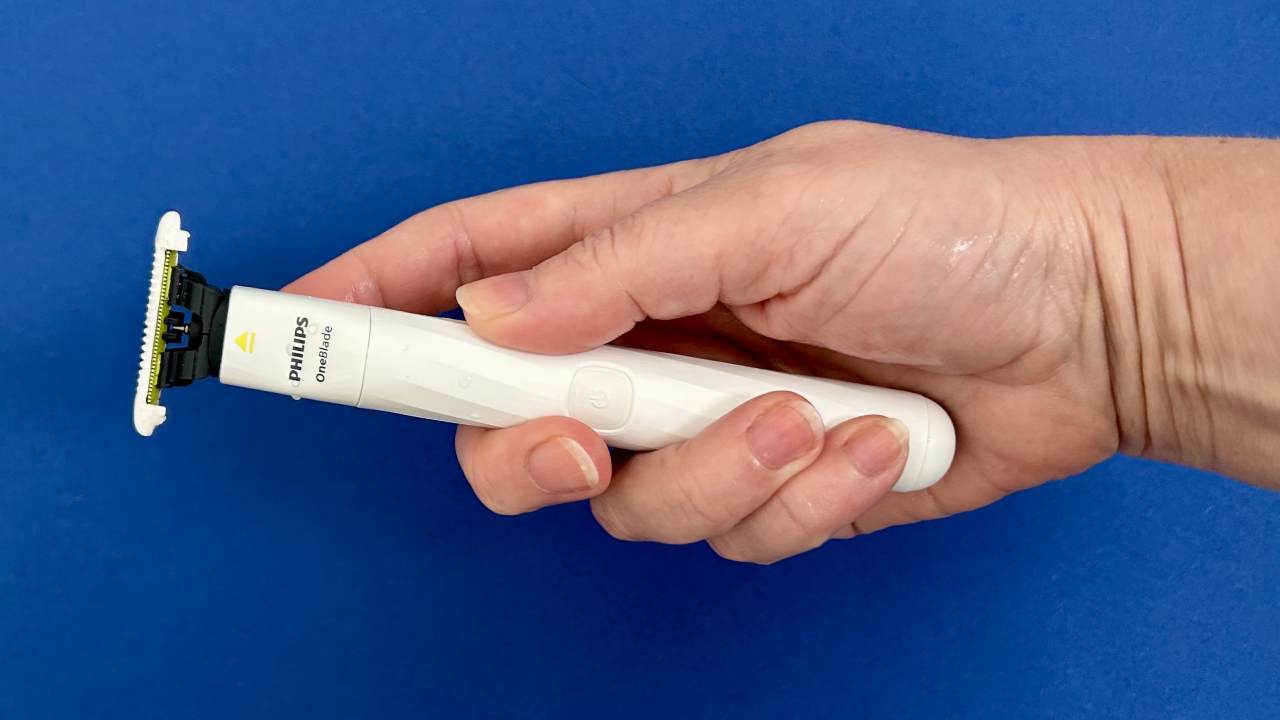
Philips OneBlade Intimate review: shave or trim sensitive areas without the irritation
I’m ditching disposable razors for good after trying this skin-friendly device
By Joanna Ebsworth Published
-
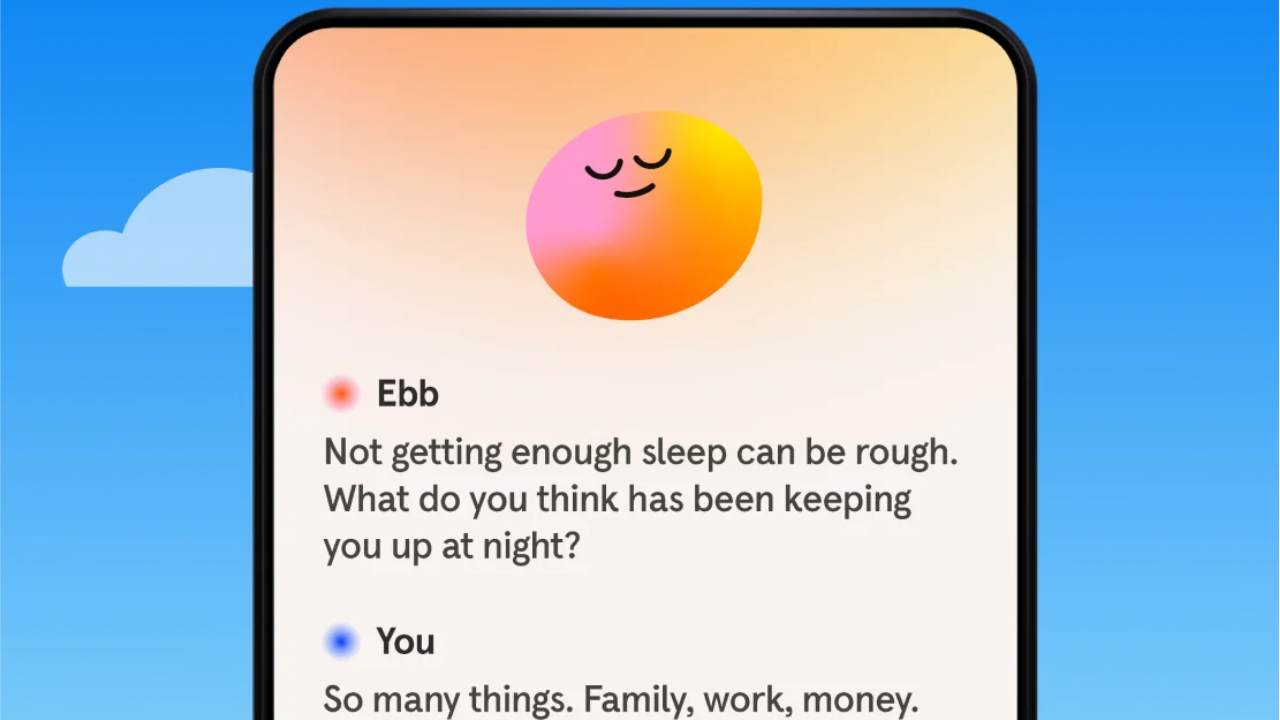
Headspace finally launches its Ebb AI companion in the UK – here’s how it works
UK users can finally use Ebb in the Headspace app
By Bethan Girdler-Maslen Published
-

If you buy anything in the Easter sales, pick this half price Eve hybrid mattress deal
Get 50% off Eve’s Wunderflip Premium Hybrid mattress in the spring sale
By Bethan Girdler-Maslen Published
-
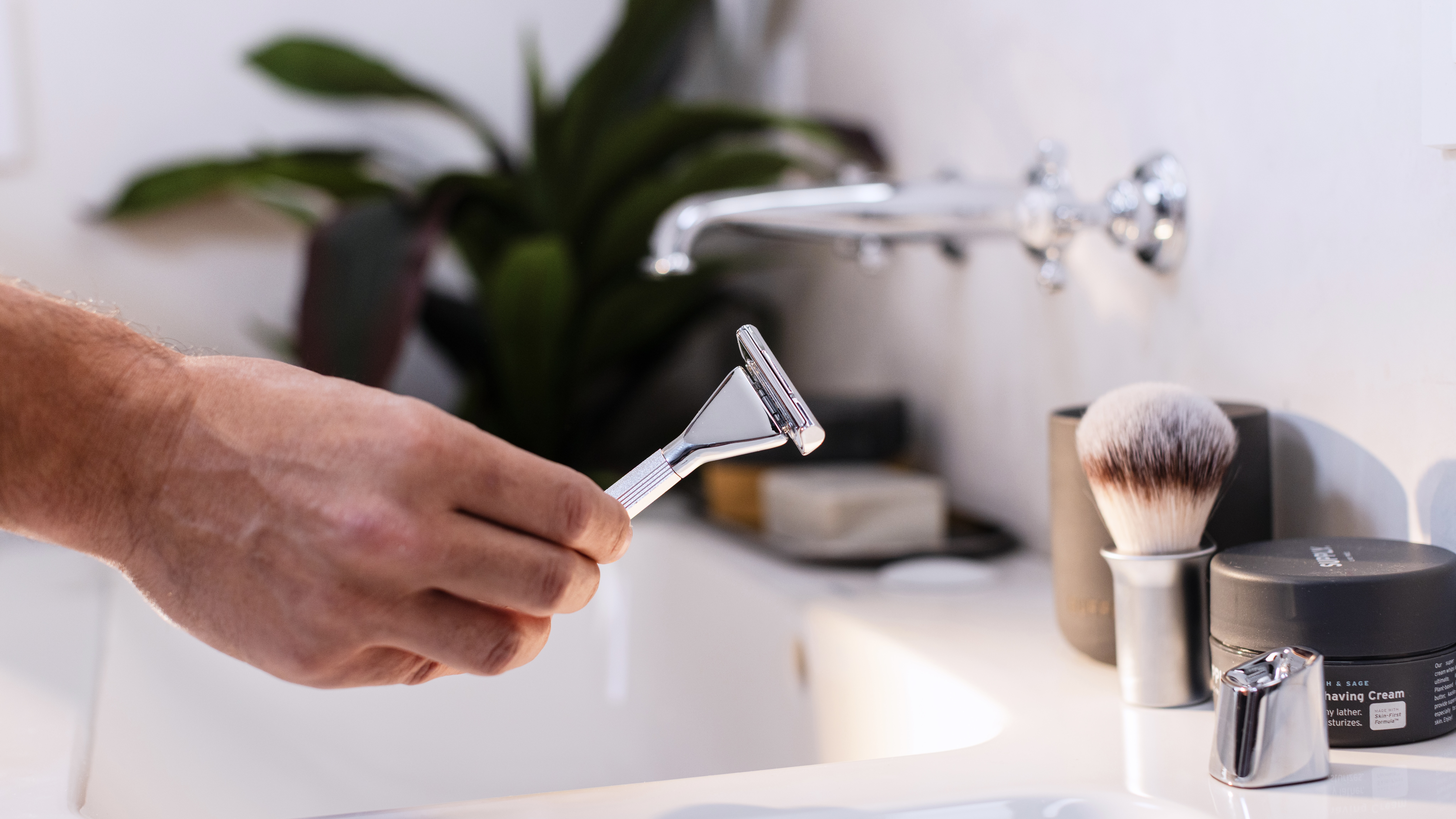
The future of clean shaving is here, and Supply’s new safety razor is setting the standard
It offers an incredibly close shave with fewer nicks and bumps
By Lizzie Wilmot Published
-
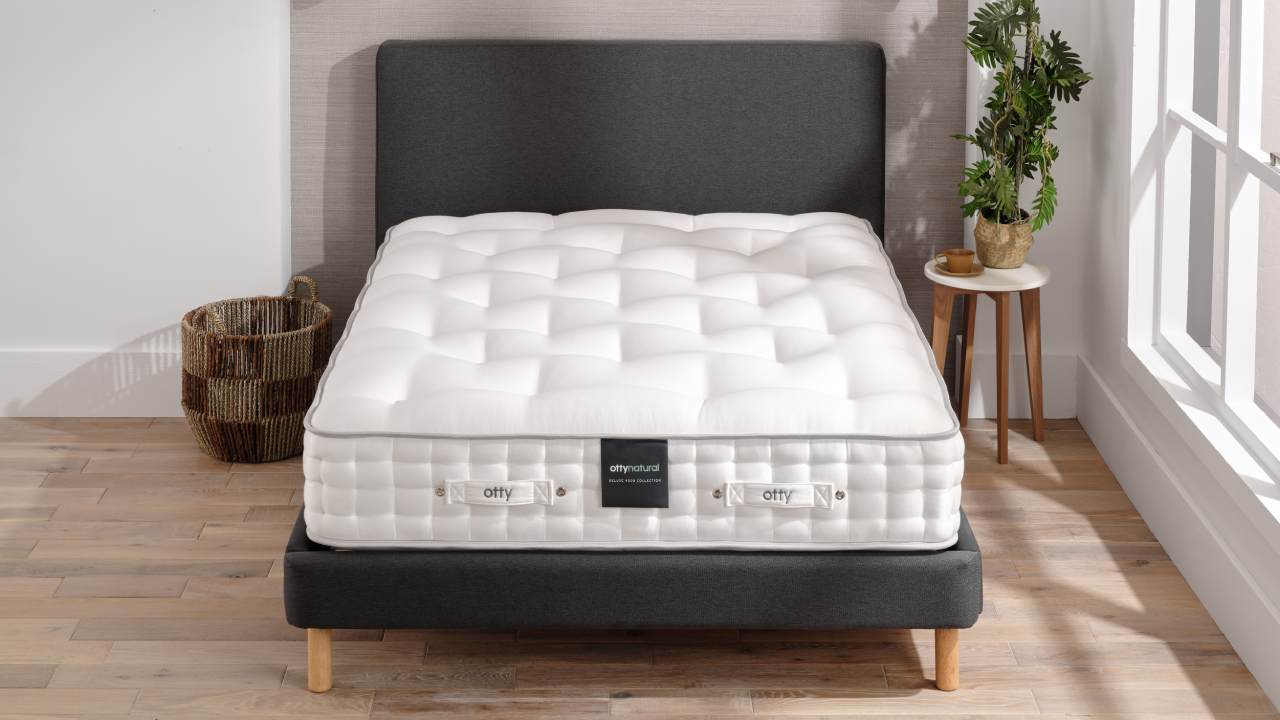
Otty’s new Natural collection shows off its most sustainable spring mattresses yet
Otty launches new Natural mattresses and the materials are seriously impressive
By Bethan Girdler-Maslen Published
-

I spent 6 weeks with the FoodMarble Aire 2: here’s what I learned about my gut health
I’ve been testing the clever breath-testing gadget with the companion app over several weeks to find out if it delivers on its promises
By Lee Bell Published
-
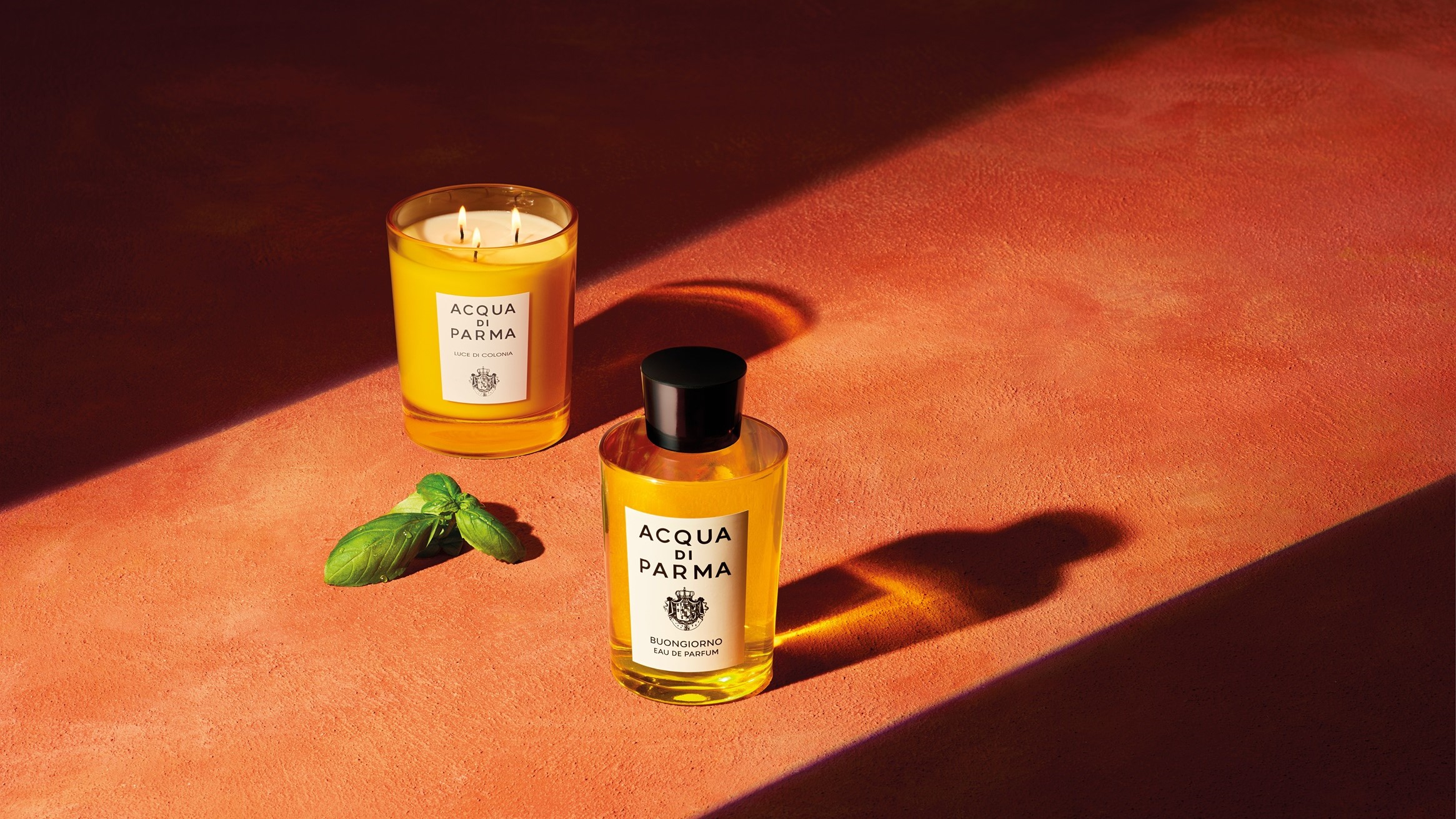
I've used Acqua di Parma Buongiorno – it's a killer compliment to your existing fragrance collection
This is a masterpiece in liquid form
By Sam Cross Published
-

Oil pulling is going viral on TikTok for stopping morning breath – but does it actually work?
4 hacks that prevent morning breath, according to a sleep expert
By Bethan Girdler-Maslen Published
-
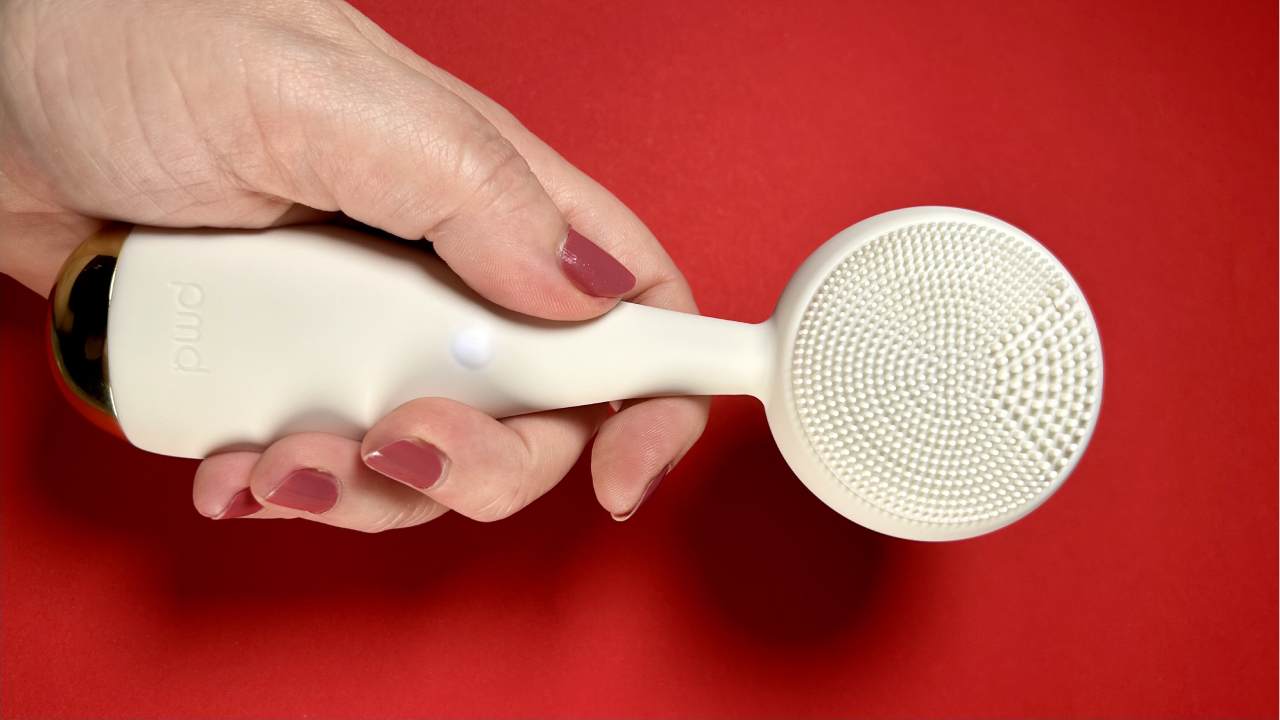
PMD Clean Redvolution review: get clearer, younger-looking skin with this 2-in-1 cleansing brush
Deep cleansing and red light LED therapy? It’s a yes from us
By Joanna Ebsworth Published
-
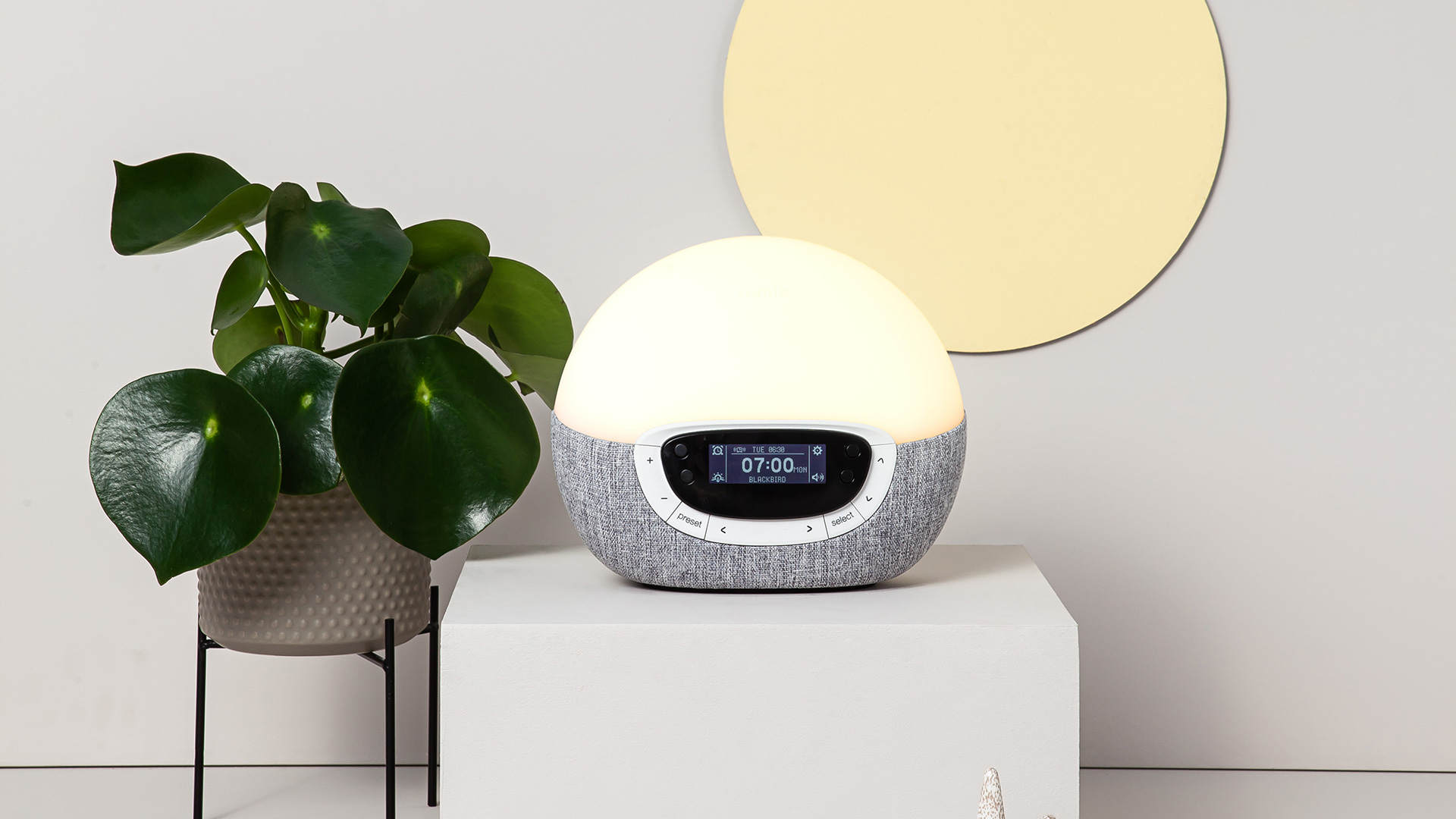
Best wake up light 2025: top sunrise lamps to help you wake up naturally
Banish the morning blues with the best wake up lights, including options from Lumie, Philips and Beurer
By Bethan Girdler-Maslen Last updated
-
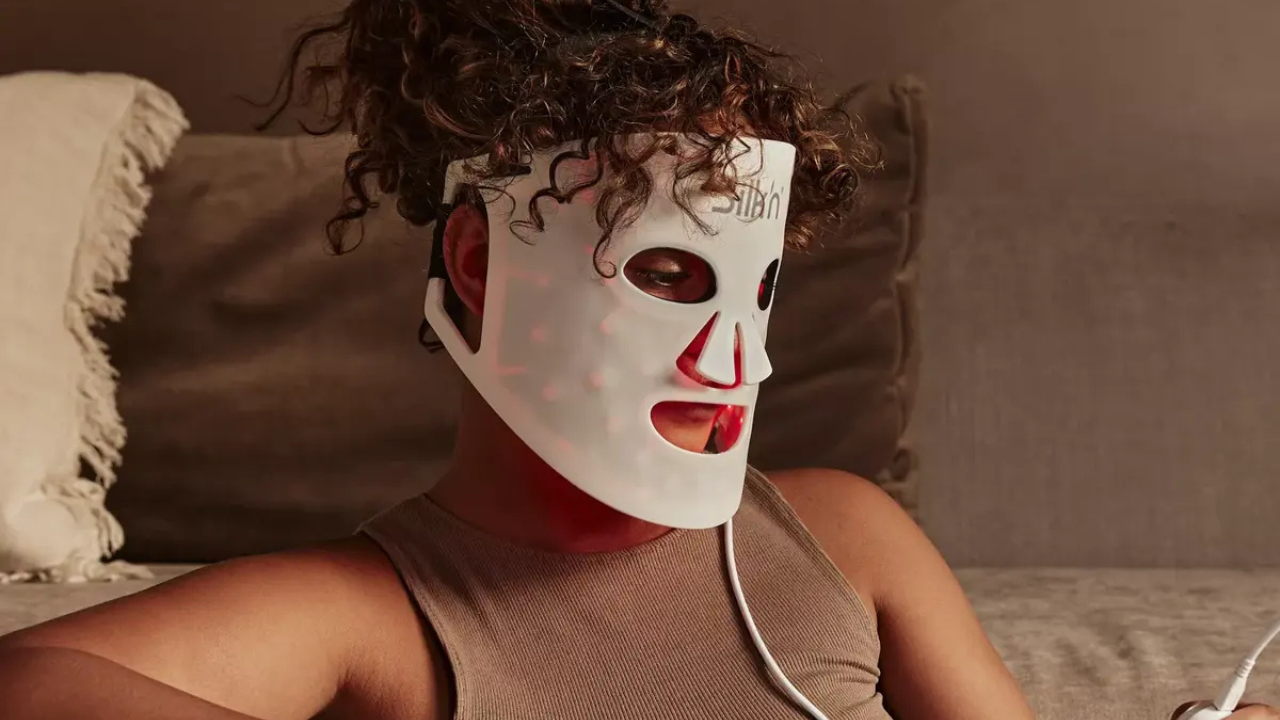
Best LED face mask 2025: luxury beauty tech for brighter, healthier skin
Tackle all your skincare concerns
By Lizzie Wilmot Last updated
-

These limited edition McLaren x Loop earplugs are what you need for Formula 1 season
McLaren teams up with Loop on limited edition noise-reducing earplugs
By Bethan Girdler-Maslen Published
-
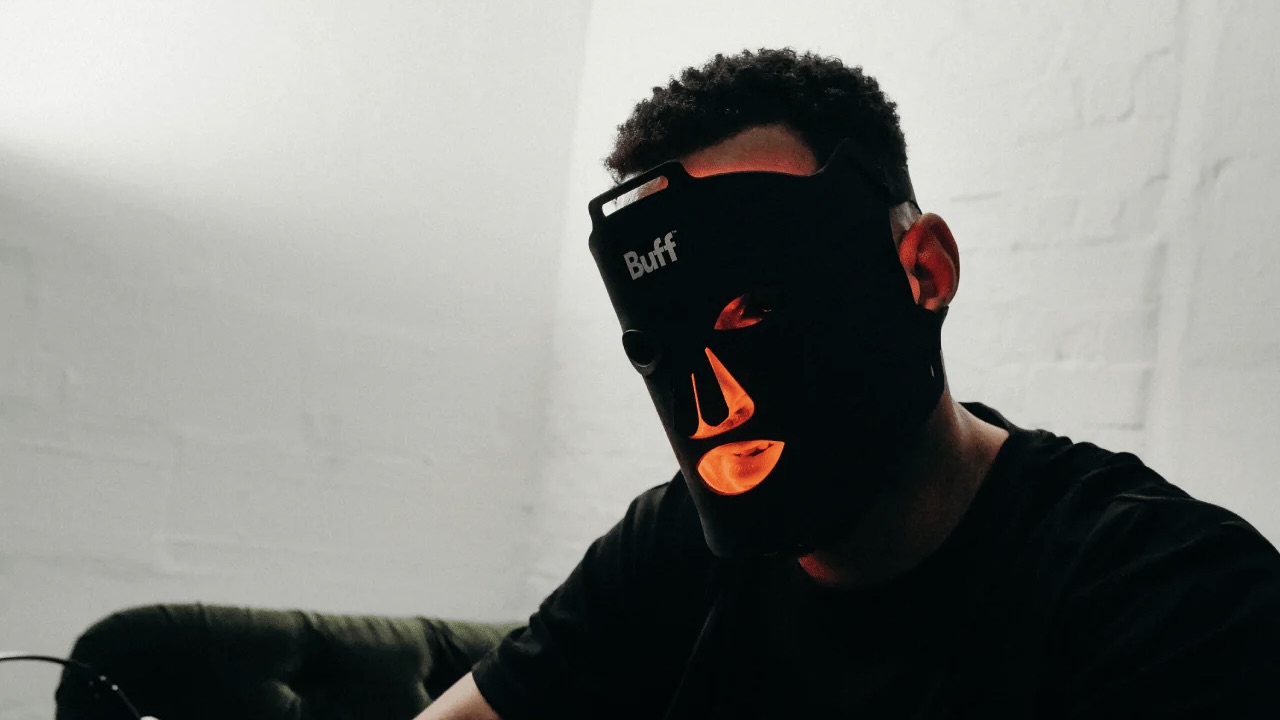
Buff LED Face Mask review: men deserve great skin too
It's specifically designed for the male complexion
By Lizzie Wilmot Last updated
-
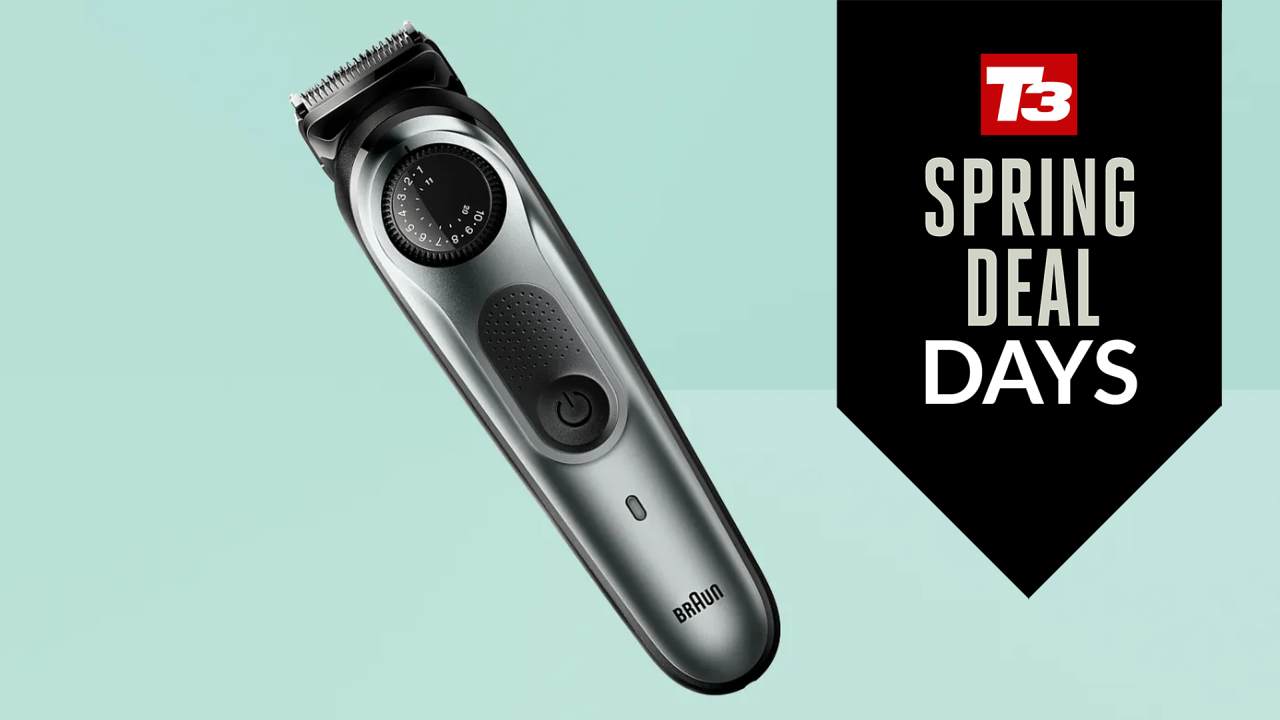
Braun’s best beard trimmer is the cheapest it’s ever been in Amazon’s spring sale
Upgrade your grooming routine with 33% off this Braun beard trimmer
By Bethan Girdler-Maslen Published
-
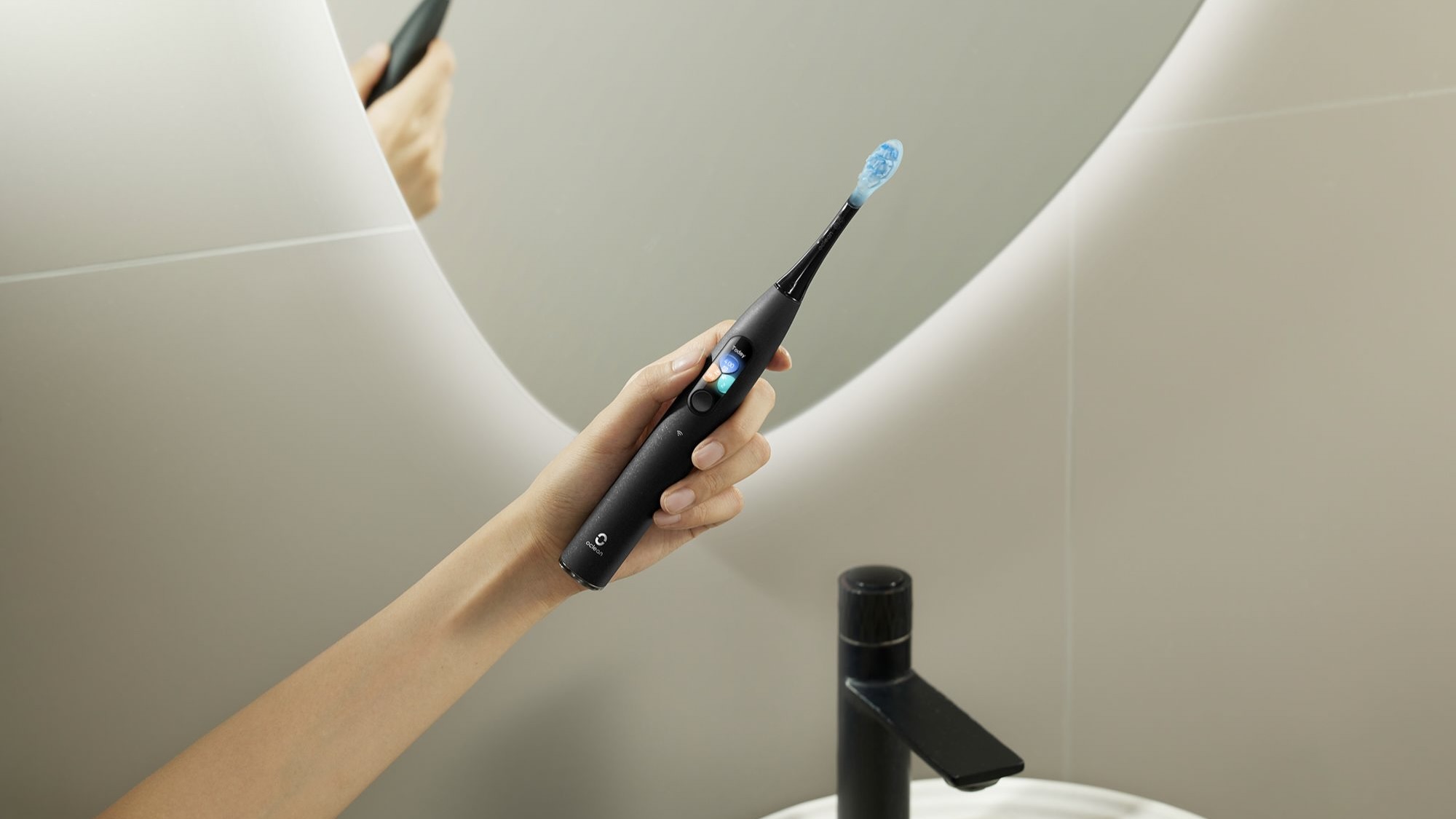
You should be following this brushing routine for healthier teeth, according to a dentist
Experts from Oclean have revealed all
By Lizzie Wilmot Published
-
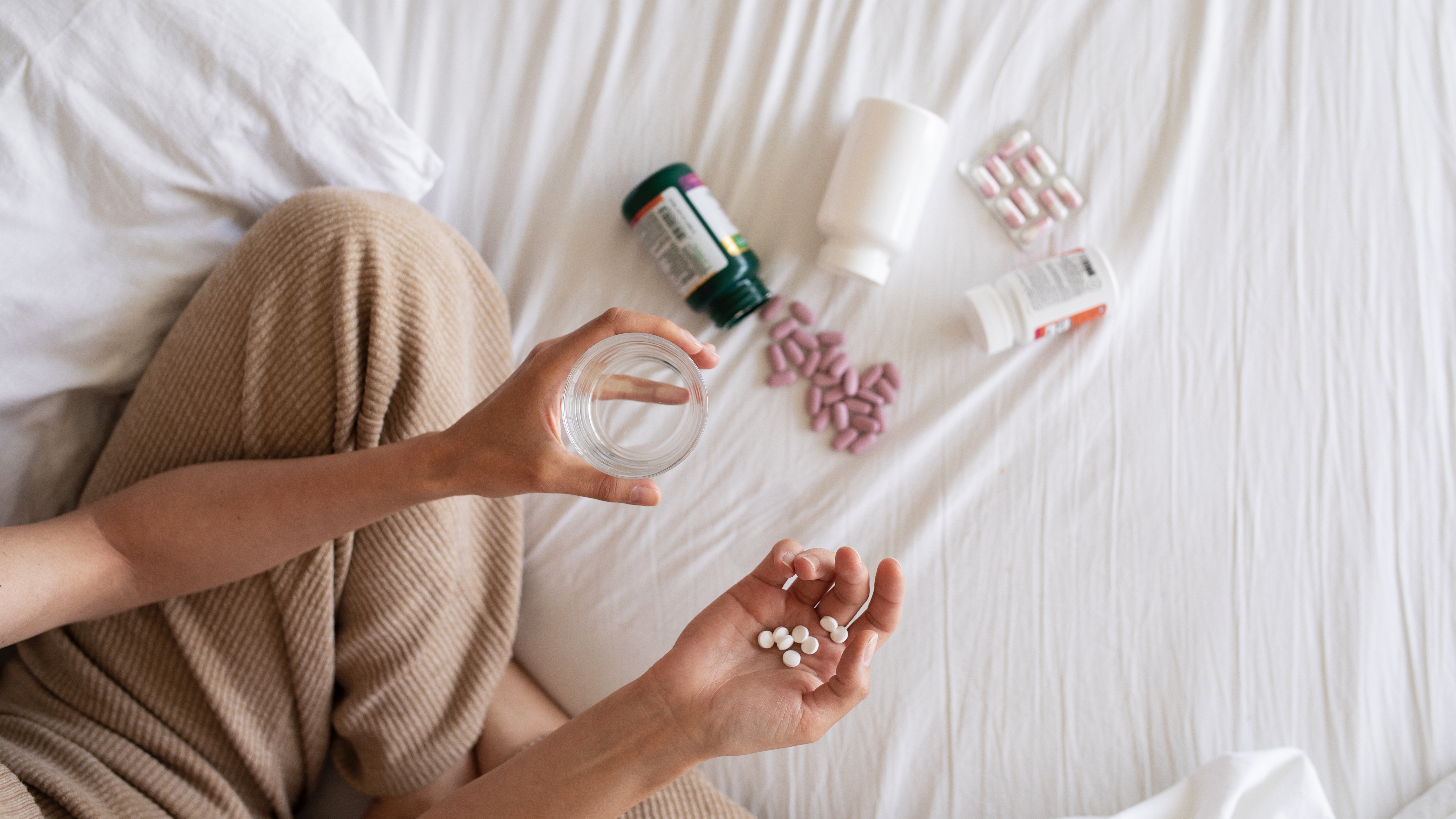
5 sleep supplements that help me achieve 8+ hours of rest every night
It took me years to perfect my sleep routine – here are the supplements that helped
By Lizzie Wilmot Published
-

3 reasons why you wake up at 3am every night – and how to avoid it
Always waking up in the middle of the night? This could be why…
By Bethan Girdler-Maslen Published
